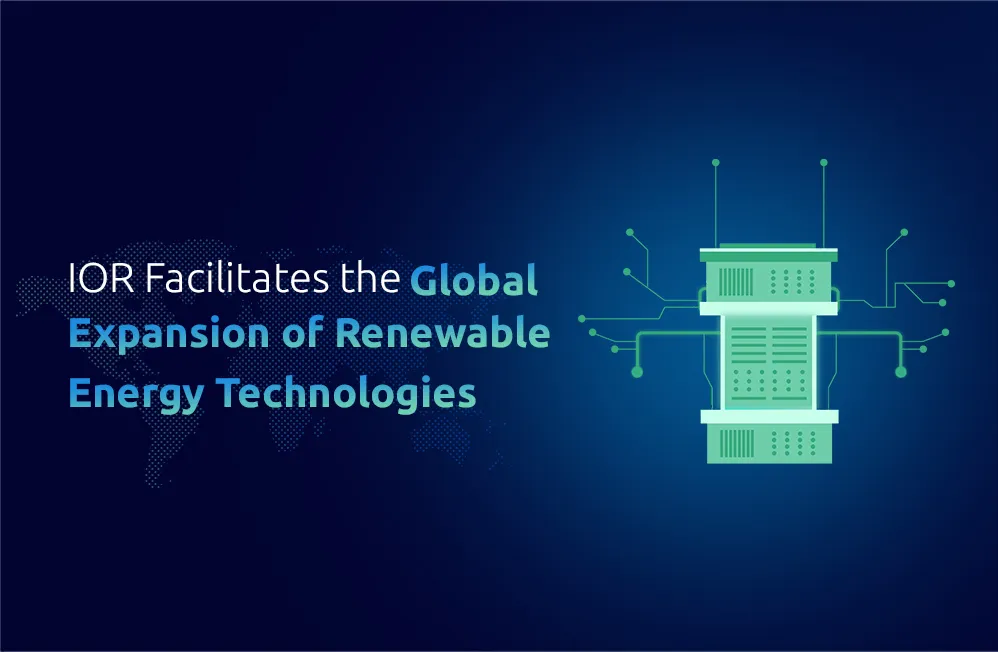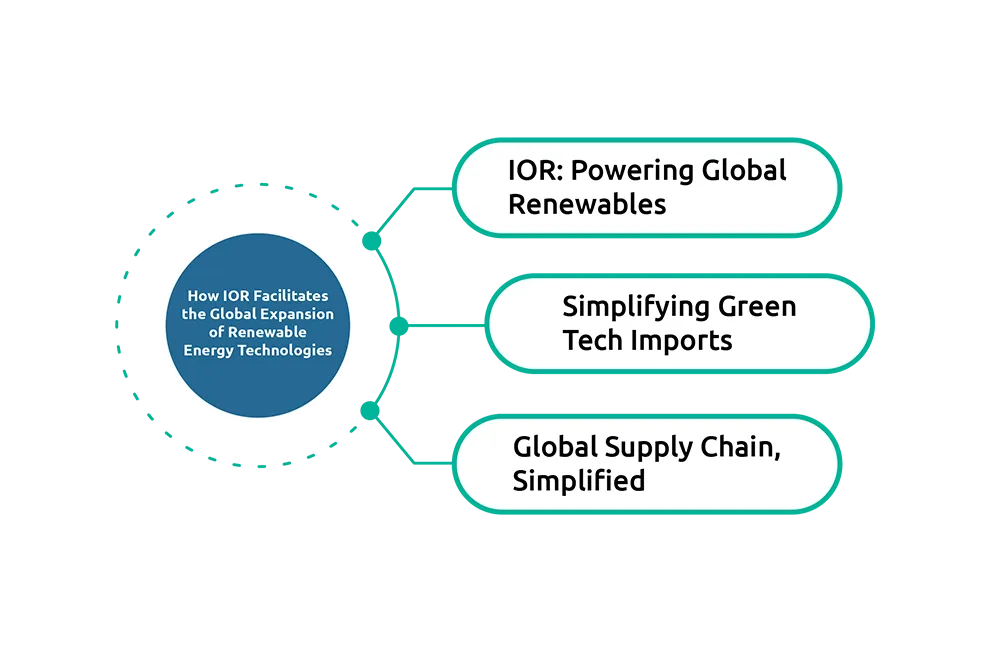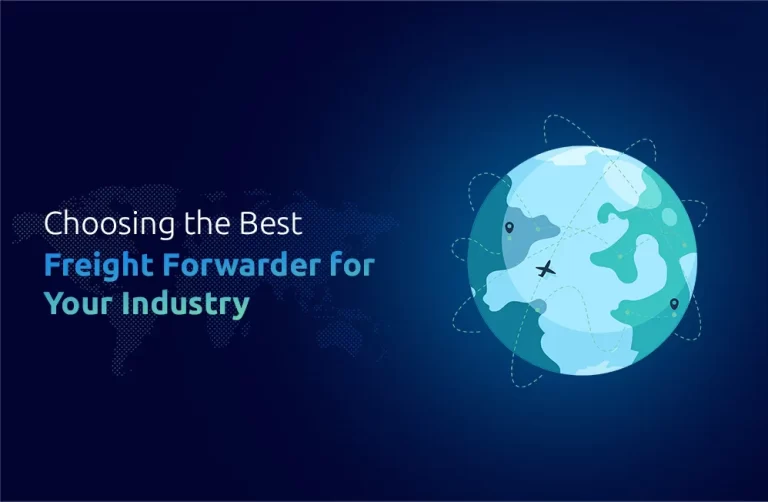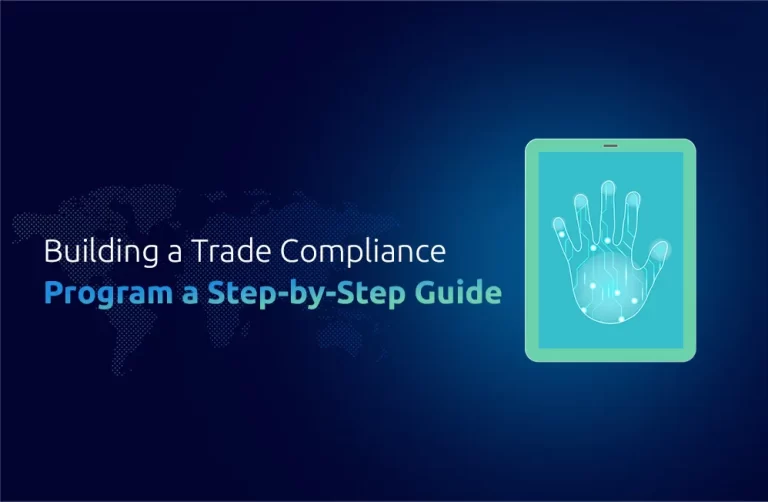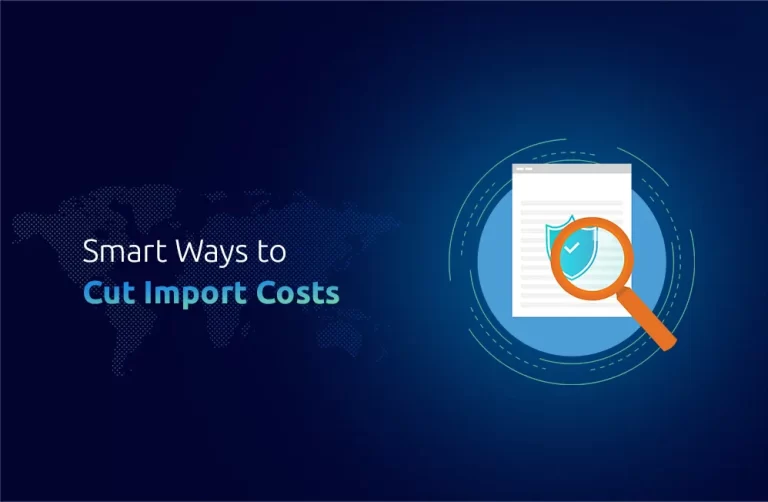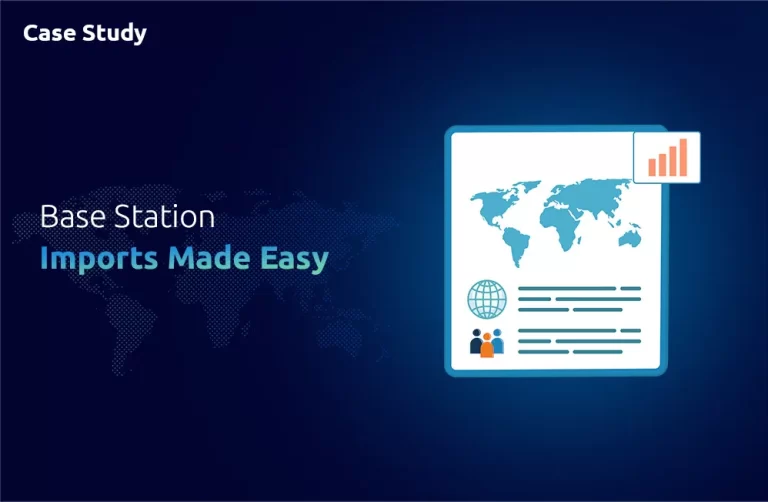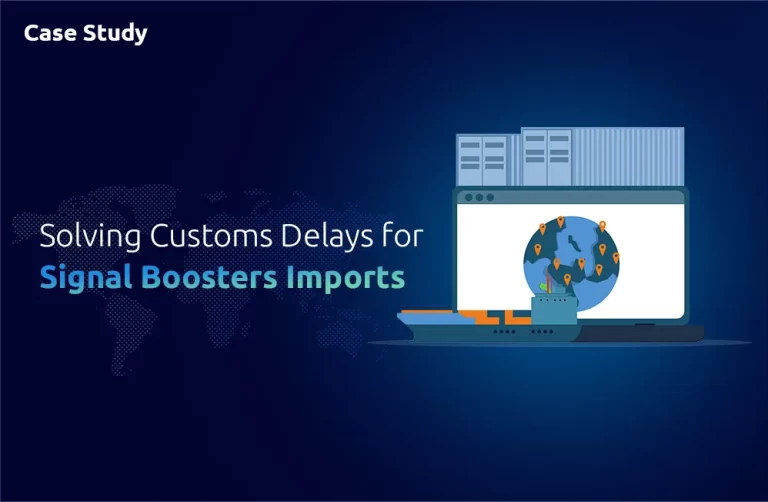Insight
Today’s globalized world enables businesses from varying industries to expand globally, from aviation equipment and renewable energy technologies to importer of Record services, which assist international trade processes while meeting regulations & simplifying logistics – thus making Importer of Record services invaluable components of international trade processes such as those employed by renewable energy technologies, IT equipment, healthcare services or automotive manufacturing firms looking for international expansion. This article delves further into their contributions.
Understanding the Importer of Record
An IOR ensures that goods entering a country comply with local laws and regulations, including paying any duties, tariffs, or taxes due. Importers typically handle customs clearance processes themselves or through third-party representation if they are legally accountable for their shipments.
Importer of Record is essential for businesses seeking international expansion. IORs assume responsibilities ranging from complying with customs laws and organizing proper classification of goods – for instance, if a renewable energy company plans on importing wind turbine components into the European Union, then an IOR ensures all required paperwork is filed as well as any tariffs, taxes, or environmental regulations are met.
What Is an Importer?
Importers refer to an entity bringing goods into a country to sell or trade them, including customs clearance obligations. Companies engaging in import & export activities should understand the difference between importers and exporters. Importers bring goods into the country for trading purposes while exporters send them abroad.
Role of IOR in Renewable Energy Expansion
Renewable energy is a key sector that has greatly benefited from IOR services. As governments globally push towards more eco-friendly practices, the market for renewable energy technologies like solar panels, wind turbines, & electric vehicle equipment continues to rise.
Renewable energy companies seeking to expand into new markets often employ an IOR as a middleman between themselves & the customs regulations of the destination country. By handling import duties, taxes, and compliance issues on behalf of exporters, an IOR makes entering new markets much simpler, allowing companies to focus more on scaling operations and providing clean energy solutions.
Renewable energy companies must use the Generalized System of Preferences (GSP). GSP delivers preferential tariff treatment for eligible goods from developing nations to qualify correctly under the HTS harmonized tariff system. An IOR can assist businesses in doing this and ensure they take advantage of lower tariffs.
Compliance and Logistics Roles for IOR
Employing an Importer of Record helps businesses avoid costly delays & penalties by complying with local customs laws. An IOR number can also help track shipment movements to confirm they have passed customs clearance.
Understanding logistics and customs brokers plays a significant role in the import process. An IOR works closely with customs brokers to streamline the import process and ensure smooth customs clearance. If the product requires special care, such as DAP (Delivery At Place), an expert IOR will manage this aspect without issue. Likewise, businesses in global logistics hubs such as Nuevo Laredo or Colton, CA need an expert IOR to manage these complex international routes efficiently.
Why IOR Is Necessary for Global Expansion
Global expansion can be both exciting and daunting. Each country has different rules governing tariffs, taxes, & imports; as an importer of record requires more than simple paperwork responsibilities, they involve understanding international logistics, local regulations, & customs process so businesses can streamline operations while staying compliant with all necessary laws and regulations.
Working with an IOR eliminates any confusion over who the importer and consignee roles are; in certain instances, goods may arrive directly with the consignee, yet legally speaking, the IOR remains responsible for compliance issues.
Case Study on Renewable Energy Development in Emerging Markets
Emerging markets provide an ideal example of IORs’ significance: as nations strive towards meeting renewable energy goals such as those set out by the Paris Agreement commitments, importing solar panels, wind turbine components, and storage systems becomes vital. By hiring the importer of record services, renewable energy companies can enter these new markets more quickly and efficiently without getting bogged down by complex customs regulations or trade requirements.
Conclusion
No matter your industry – renewable energy, IT, healthcare, or any other – importer of record services is an indispensable asset to international expansion. One union solutions will help ensure goods move seamlessly across borders while adhering to regulations and reaching markets on schedule. Businesses looking to capitalize on global trade can use an IOR’s expertise when navigating international logistics, tariffs, and compliance matters.
Did You Know, According to a World Trade Organization report, global trade in renewable energy technologies has experienced compound annual growth at 18% over the last several years due to strong demand in developing nations. Furthermore, countries like the US and China remain top exporters of these technologies, especially thanks to preferential programs such as, Generalized System of Preferences which lessen tariffs for developing nations.
FAQs
- Can you explain what an Importer of Record is & it’s significance for global trade?
Ans: Importer of Record is a legally responsible for assuring goods entering a country comply with local regulations, such as customs clearance, payment of duties, & import laws. IORs play an essential role in global trade by simplifying logistics, mitigating risk, and assuring international regulation compliance, thus enabling businesses to focus their operations more efficiently while expanding operations worldwide.
2. How can IOR services benefit the renewable energy industry?
Ans: IOR services play an essential role in renewable energy by efficiently managing importing equipment such as solar panels, wind turbines, & electric vehicle (EV) components into new markets while meeting tariffs, environmental standards, and customs documentation requirements. They allow renewable energy companies to focus on providing sustainable solutions while expanding into new markets effectively.
3. Can an IOR help facilitate preferential tariff programs such as the Generalized System of Preferences?
Ans: IOR can help companies take full advantage of preferential tariff programs like the Generalized System of Preferences (GSP). They ensure products are correctly classified under the Harmonized System Code and meet eligibility requirements for reduced tariffs – providing significant cost savings.
4.How are IOR services used to assist industries other than renewable energy?
Ans: IOR services can benefit various industries, including IT, healthcare, aviation, and automotive. For instance,
IT: Provide timely delivery of servers and networking equipment while adhering to import regulations.
Healthcare: Facilitates import of medical devices that comply with stringent safety standards like FDA or CE certifications. Aviation: Fast-track the importation of essential Aircraft on-ground (AOG) components needed to support fleet operations.
Automotive: Manage tariffs and compliance for components and entire vehicles to reduce costs and delays while increasing profitability.
5.What is the differences between an Importer of Record and a Consignee?
Ans: Importer of Record is legally responsible for adhering to customs regulations, such as paying duties & taxes, while their Consignee (consignee in some instances) receives the goods. Sometimes, these two entities overlap, but one will take on legal accountability for import/export transactions, which helps businesses avoid confusion or penalties associated with international trade.

